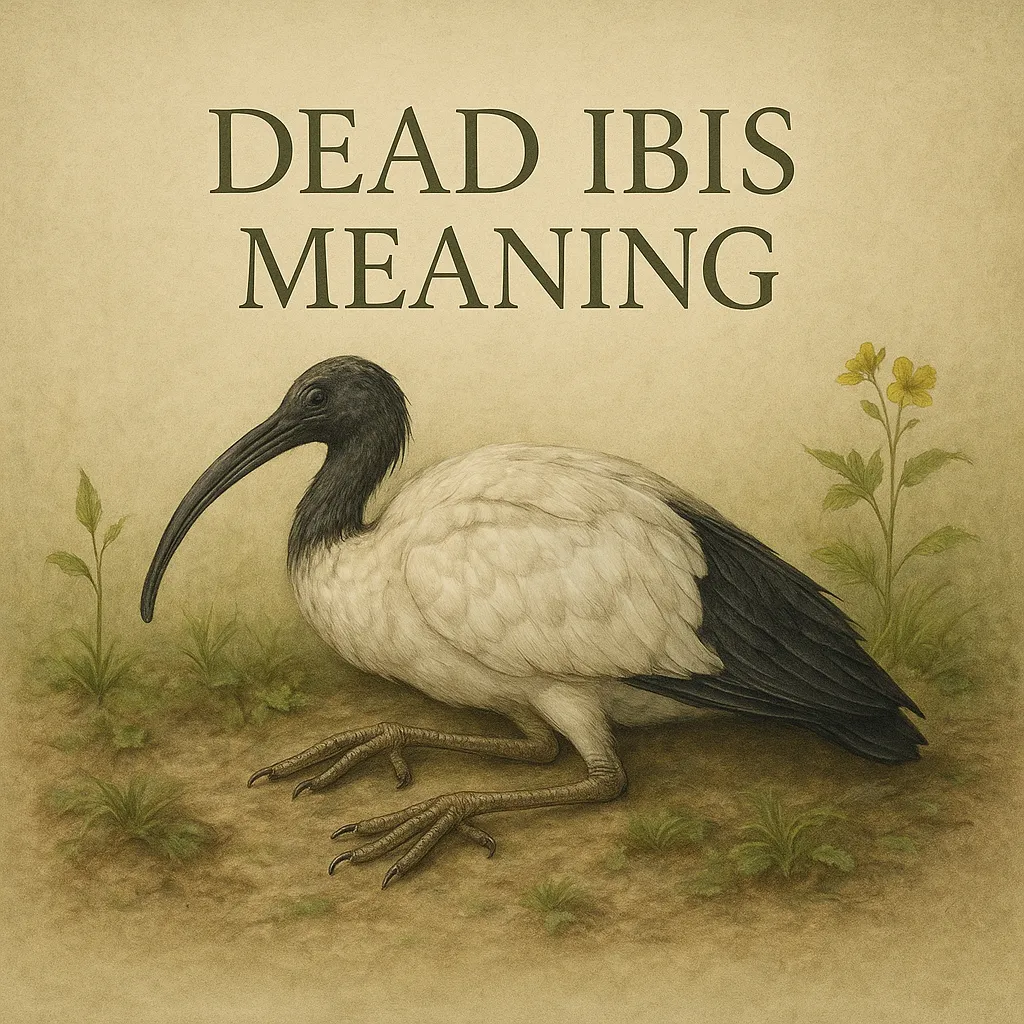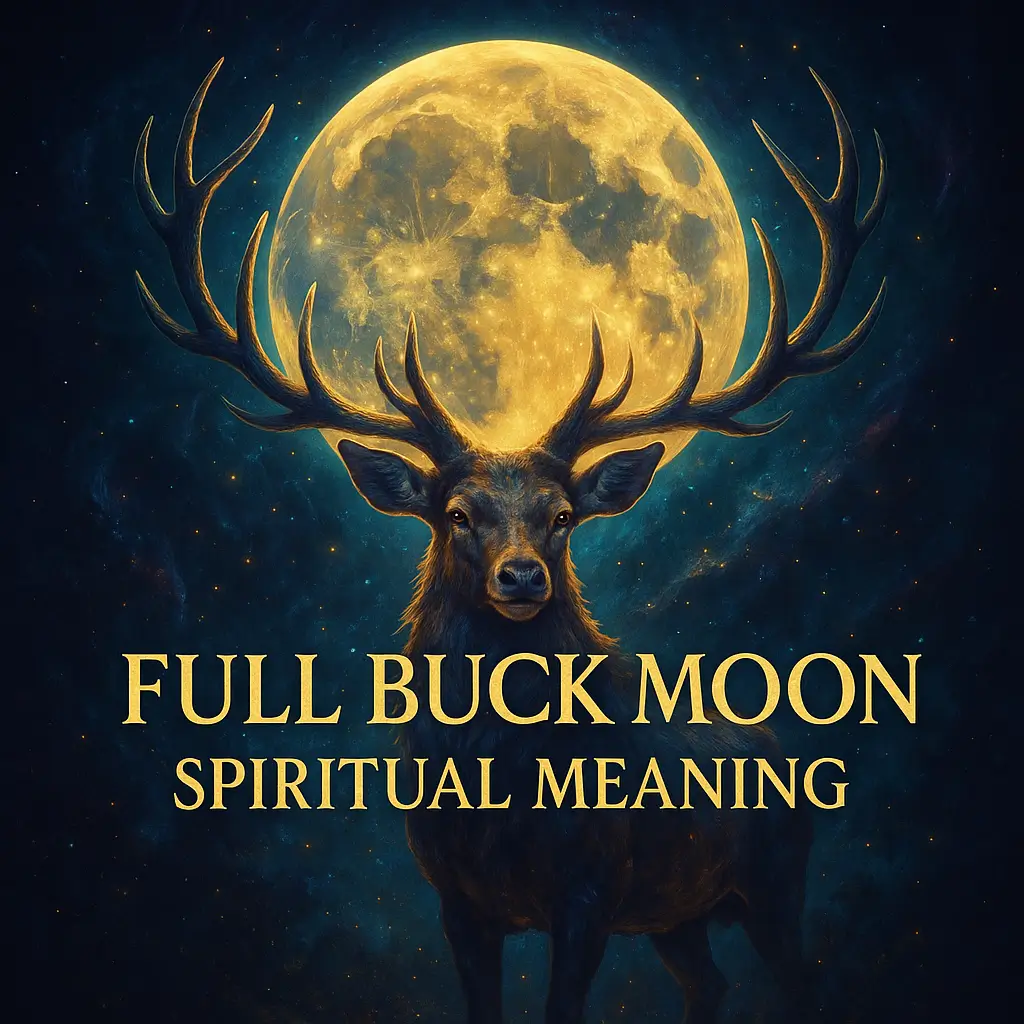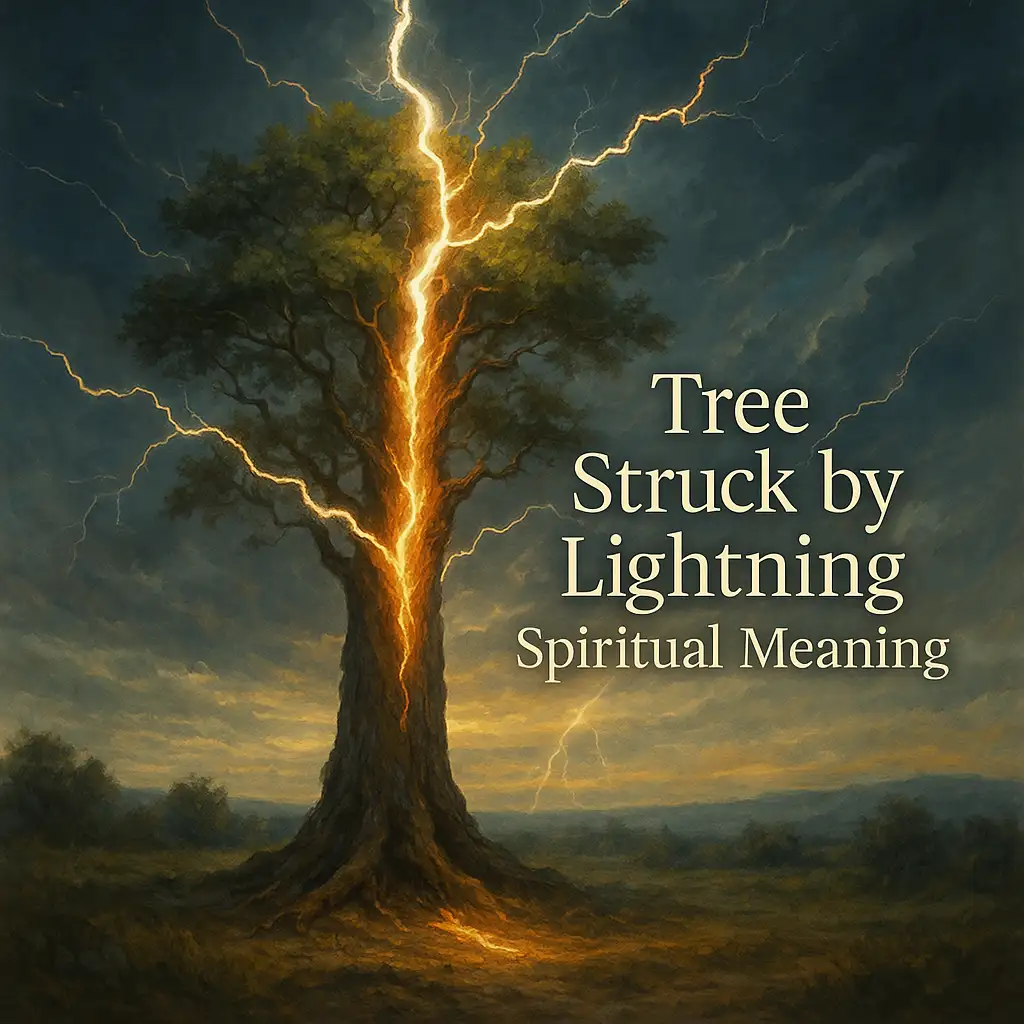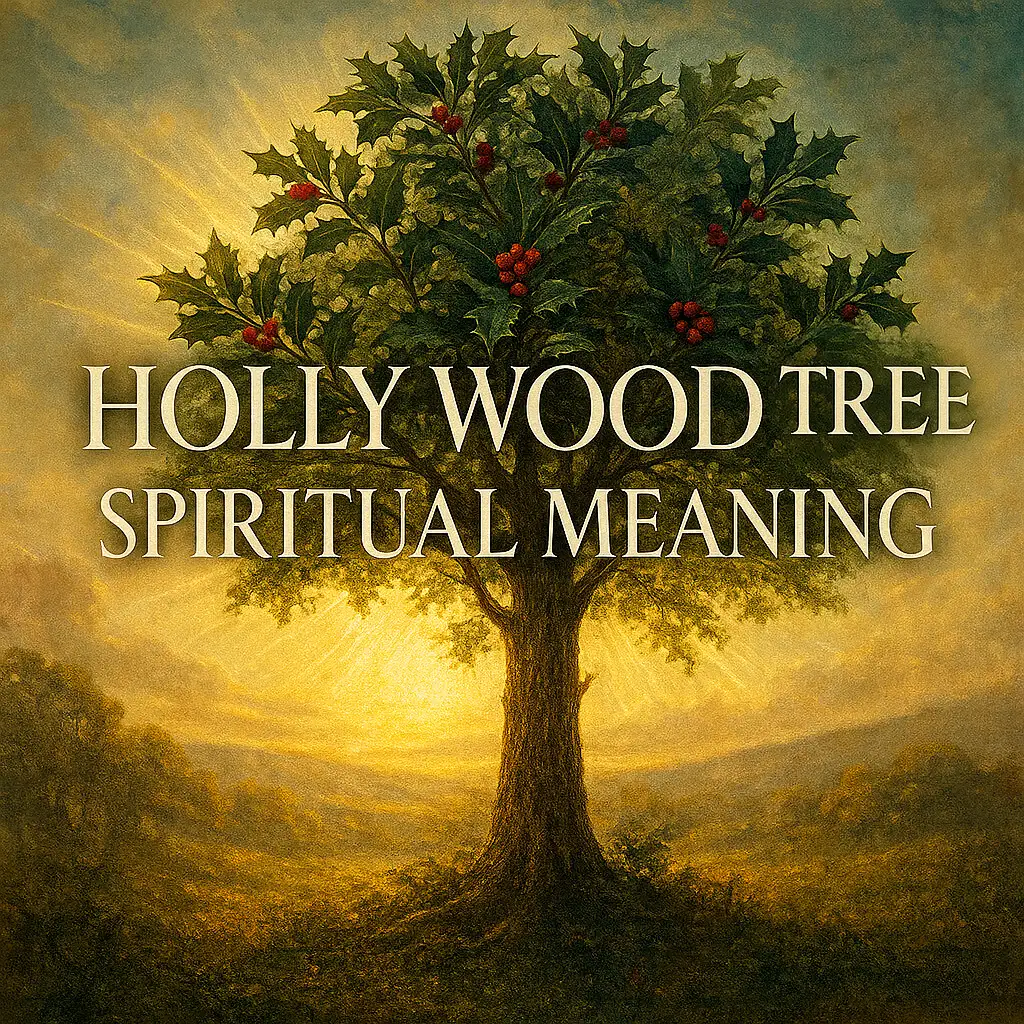When we encounter death in nature, especially of a creature as symbolically rich as the ibis, we often find ourselves drawn into a moment of quiet contemplation. Throughout human history, the ibis has been venerated across civilizations – from the sacred halls of Egyptian temples to the wetlands of Australia’s aboriginal territories.
The dead ibis meaning carries profound spiritual significance, representing not just an ending, but a powerful transition between worlds. Its curved bill, once used to probe the depths of murky waters, symbolizes the extraction of hidden wisdom even in death. Whether you’ve physically encountered a deceased ibis or are exploring its symbolism through dreams, understanding the timeless messages this sacred messenger carries can illuminate shadowed corners of your spiritual journey and guide you through life’s inevitable transitions.
Table of Contents
- 1 Key Takeaways
- 2 The Ibis in World Mythology and Spirituality
- 3 The Spiritual Significance of a Dead Ibis
- 4 Cultural Interpretations of Encountering a Dead Ibis
- 5 Psychological and Dream Interpretations
- 6 Modern Spiritual Applications
- 7 Modern Interpretations and Cultural Resurgence
- 8 Conclusion: The Eternal Messenger
- 9 FAQ
- 10 Sources
Key Takeaways
- A dead ibis traditionally symbolizes the transition between worlds, serving as a messenger between physical and spiritual realms across multiple cultures.
- In ancient Egypt, the deceased ibis represented divine wisdom and was associated with Thoth, the god of writing, magic, and judgment.
- Encountering a dead ibis may signal completion of a spiritual cycle in your life, inviting reflection on what wisdom is concluding and what new understanding awaits.
- Various indigenous traditions interpret the dead ibis as a weather omen, suggesting preparation for unexpected changes or challenges.
- Creating personal rituals to honor the dead ibis’s message can help integrate its spiritual significance into your ongoing life journey.
The Ibis in World Mythology and Spirituality
The Sacred Ibis in Ancient Egypt
The ibis held unprecedented reverence in ancient Egyptian cosmology. Embodying Thoth, the god of wisdom, writing, and magic, the sacred ibis (Threskiornis aethiopicus) represented divine knowledge and mediation between humans and gods. This wasn’t merely symbolic – archaeological evidence reveals the extraordinary scale of ibis veneration. Millions of ibises were mummified as votive offerings, with vast catacombs at Saqqara and Tuna el-Gebel containing over 5.75 million mummified birds collectively. These elaborate rituals reflected the bird’s status as a vessel of divine communication, with each carefully preserved ibis representing a prayer or offering to Thoth.
The curved bill of the ibis was particularly significant, symbolizing the crescent moon and Thoth’s association with lunar cycles and measurement of time. Egyptian hieroglyphs feature the ibis prominently, with the bird’s silhouette serving as the direct symbol for Thoth himself. Even the very act of writing – recording knowledge for posterity – was considered sacred through this connection.

Ibis Symbolism in Other Ancient Cultures
Beyond Egypt, the ibis carried significant symbolism across civilizations:
- Japanese Spirituality: The Crested Ibis symbolized ritual purification, with its feathers adorning ceremonial swords at sacred Shinto shrines
- Christian Interpretations: Early Christian texts referenced the ibis as a protector against deception, with biblical connections to Noah’s Ark and renewal
- Indigenous American Beliefs: Gulf Coast Native American tribes, including the Choctaw and Chickasaw, viewed the ibis as a storm guide whose migratory patterns foretold hurricane resilience
- Australian Aboriginal Traditions: The Australian White Ibis served as a mediator between water deities and human communities in Dreamtime stories
This cross-cultural reverence for the ibis demonstrates its universal appeal as a wisdom bearer. Even in traditions without direct contact, the bird’s distinctive appearance and behavior inspired similar associations with knowledge, protection, and communication between worlds.
The Spiritual Significance of a Dead Ibis
Transition Between Worlds
In Egyptian spirituality, a dead ibis represented the crucial transition between the physical and spiritual realms. The Ba, an aspect of the soul depicted as an ibis-headed bird, could travel between worlds after death. This conception provided both comfort and profound meaning to encountering a deceased ibis. Finding a dead ibis might symbolize:
- A message about life transitions you’re experiencing
- An invitation to examine the boundaries between your material and spiritual existence
- A reminder that wisdom persists beyond physical form, much like Thoth’s eternal knowledge
This transitional symbolism resonates with modern spiritual seekers facing major life changes. Just as the ibis navigates between wetlands and dry lands in life, in death it symbolizes our capacity to move between different states of consciousness and being. The dead bird omen in this context becomes not a fearful warning but a compassionate guide.
Messages of Wisdom and Divine Communication
Across traditions, a dead ibis often signals the transmission of hidden knowledge:
- The closing of one channel of wisdom and the opening of another
- An invitation to look beyond obvious meanings and seek deeper truth
- A reminder to honor ancestral wisdom that may be fading from contemporary awareness
When an ibis dies, the message often relates to knowledge transformation. Egyptian priests believed Thoth continued to communicate through his sacred bird even after its death. This perspective offers a framework for interpreting your encounter – what wisdom might be trying to reach you? What deeper understanding awaits beyond surface appearances?
Soul Liberation and Spiritual Evolution
When an ibis dies, many traditions interpret this as a soul’s liberation:
- The release of divine wisdom from physical constraints
- An evolutionary leap in consciousness, mirroring the ibis’s migration patterns
- The completion of a spiritual cycle, offering the opportunity for rebirth and renewal
This interpretation aligns with the natural cycle of transformation. Just as the ibis undertakes seasonal journeys, encountering a dead ibis may signal you’ve completed an important spiritual phase. What new horizon awaits? What wisdom have you integrated that now allows you to evolve to your next stage of development?
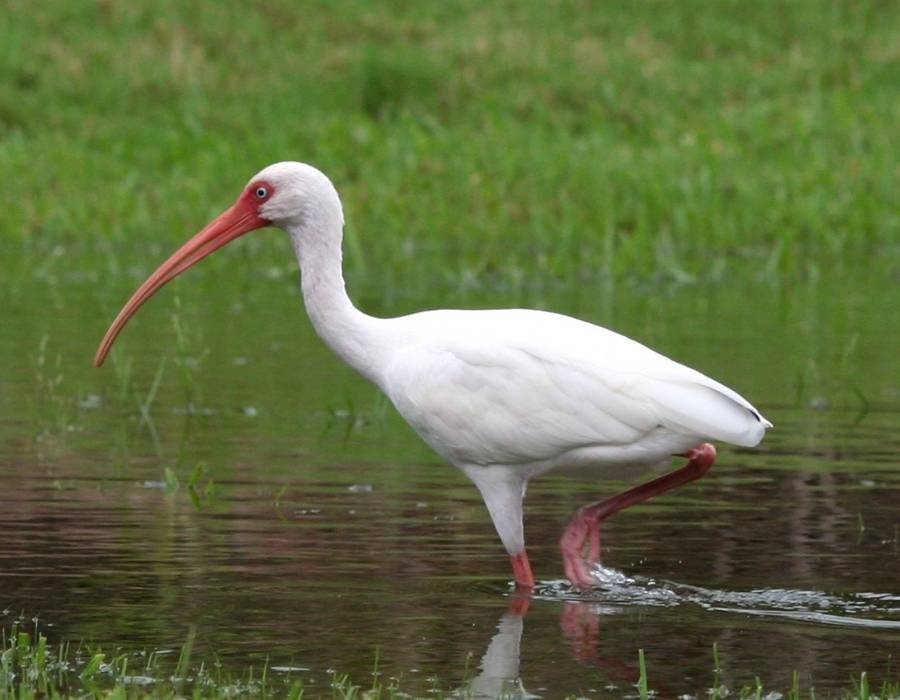
Cultural Interpretations of Encountering a Dead Ibis
Egyptian Interpretation: Divine Judgment and Soul Weighing
In ancient Egypt, a dead ibis might represent Thoth’s role in the judgment of souls. During the “Weighing of the Heart” ceremony depicted in the Book of the Dead, Thoth recorded the verdict as the deceased’s heart was weighed against Ma’at’s feather of truth. This crucial moment determined the soul’s ultimate fate. Encountering a dead ibis could symbolize:
- A moment of personal judgment or moral reflection
- The culmination of karmic patterns requiring evaluation
- An invitation to assess whether your life aligns with your highest truth
The connection between the ibis and judgment wasn’t punitive but transformative. Thoth’s presence at the weighing ceremony represented impartial wisdom and the opportunity for spiritual evolution. Similarly, finding a dead ibis might prompt you to evaluate your life’s direction with compassionate discernment rather than harsh criticism.
Indigenous Perspectives on Ibis Death Omens
For Native American tribes along hurricane-prone coastlines, a dead ibis carried specific warnings:
- The disruption of natural weather patterns
- A call to prepare for unexpected life storms
- The need to strengthen community bonds before challenging times
These interpretations reflect keen observation of natural cycles. Ibises naturally migrate before severe weather, so finding a dead ibis – one that failed to migrate – served as a natural warning. In your spiritual practice, this might translate to heeding subtle signs of change before they become overwhelming. What preparations might you need to make for approaching life transitions?
Eastern Philosophical Views
In Japanese and Chinese traditions, the death of the revered ibis species carried nuanced meanings:
- The sacrifice of purity for greater communal harmony
- A reminder of the impermanence (wabi-sabi) central to Eastern philosophy
- The transformation of a visible spiritual messenger into an invisible guide
The Japanese Crested Ibis, nearly extinct by the 20th century, became a powerful symbol of both environmental fragility and cultural resilience. Its image on the 10,000 yen note reflects its spiritual significance even as the physical birds disappeared from Japan’s landscape. This tension between physical absence and symbolic presence mirrors how encountering a dead ibis may represent the transformation of tangible wisdom into more subtle, intuitive knowing.
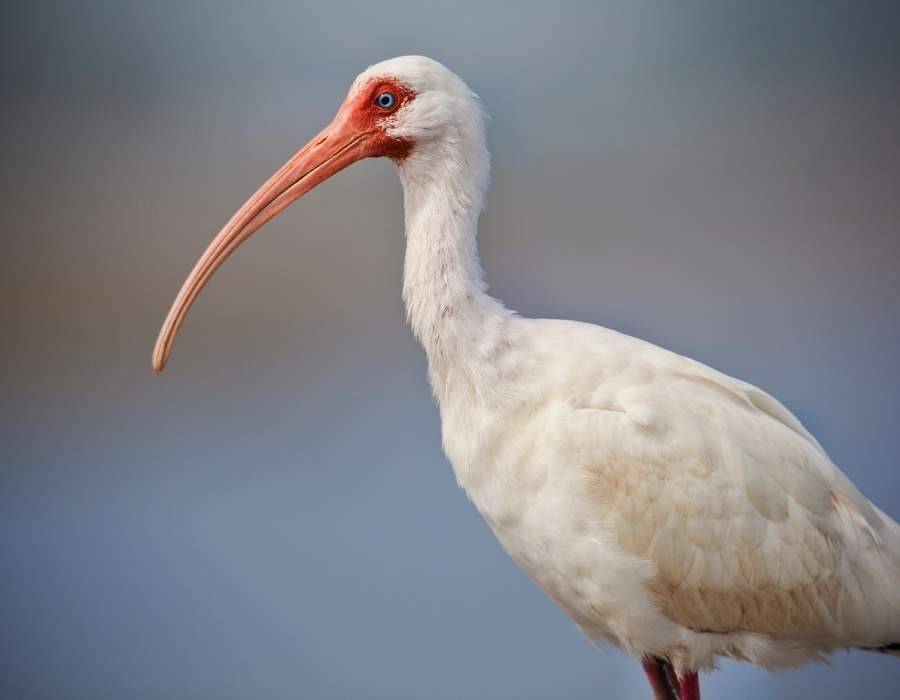
Psychological and Dream Interpretations
Carl Jung and the Ibis as Archetypal Symbol
From a Jungian perspective, dreaming of a dead ibis represents the intersection of conscious knowledge and unconscious wisdom:
- The ibis as animus/anima figure mediating between conscious and unconscious realms
- The death symbolizing transformation of outdated mental patterns
- An invitation to integrate shadow aspects of your wisdom-seeking self
Jung recognized birds as powerful symbols of thought and spiritual aspiration. The ibis, with its association with Thoth and wisdom, represents our highest intellectual and spiritual faculties. Its death in dreams often signals the necessary psychological transformation that occurs when outgrown ways of thinking must die for new understanding to emerge. What thought patterns might you need to release to embrace deeper wisdom?
Dream Analysis: What Your Dead Ibis Dream May Reveal
Dreams featuring a deceased ibis often contain specific psychological insights:
- Feelings about intellectual or spiritual paths that have reached their natural conclusion
- Unresolved grief around lost knowledge or discontinued learning
- Subconscious recognition of wisdom you’ve gained through difficult experiences
The context of the dream provides important clues. Was the ibis peaceful in death or distressed? Were you an observer or participant? Was the setting natural or constructed? Each element reflects different aspects of your relationship with wisdom transitions. Recording these details upon waking can help uncover the dream’s specific message for your spiritual journey.
Emotional Responses and Their Spiritual Meaning
Your emotional reaction to encountering a dead ibis (in reality or dreams) offers valuable spiritual guidance:
- Sadness may indicate recognition of fading traditional wisdom in your life
- Fear might reveal concerns about your own spiritual evolution
- Curiosity often signals readiness for new spiritual teachings
Rather than dismissing these emotions, consider them messengers in their own right. Each feeling provides a window into your spiritual state and relationship with transformation. By acknowledging and exploring these responses, you gain deeper insight into what the dead ibis symbolism means specifically for you at this moment in your journey.
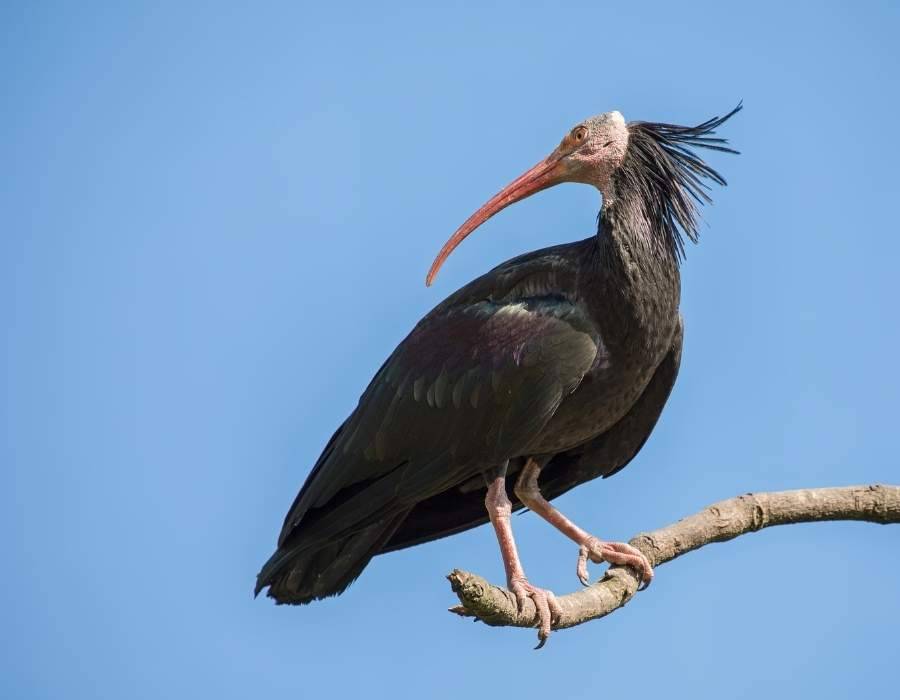
Modern Spiritual Applications
Meditation Techniques Inspired by Ibis Symbolism
Contemporary spiritual practitioners have developed specific practices honoring the ibis’s transformative symbolism:
- Thoth-Inspired Journaling: Writing questions to the divine using focused meditation, then opening to receive wisdom
- Storm Resilience Visualization: Imagining protective ibis wings during personal challenges, drawing on Native American traditions
- Transition Meditation: Visualizing the ibis as a guide between life phases, particularly useful during major life changes
These practices honor the ibis’s traditional roles while adapting them for contemporary spiritual needs. The journaling technique, for example, mirrors the Egyptian connection between ibis, Thoth, and written wisdom, creating a sacred dialogue between your conscious questions and deeper knowing. Regular practice can strengthen your ability to navigate transitions with grace and purpose.
Ritual Tools and Practices
Modern spiritual rituals incorporating ibis symbolism include:
- Creating symbolic ibis representations for altars during life transitions
- Using ethically sourced ibis feathers (where legally permissible) or representations in purification ceremonies
- Incorporating ibis imagery in rites of passage to honor wisdom transmission between generations
These rituals create tangible connections to the ibis’s spiritual significance. Even simple practices, like placing an ibis image on your desk during challenging projects, can invoke the bird’s associations with divine wisdom and communication. The physical form becomes a bridge to the intangible qualities the ibis represents.

Connecting with Ibis Energy for Spiritual Growth
Practitioners describe specific benefits from working with ibis energy:
- Enhanced ability to navigate between intuitive and logical thinking
- Greater facility with written communication and self-expression
- Improved discernment during major life decisions
Many report that after meaningfully engaging with ibis symbolism – particularly after encountering a dead ibis – they experience heightened awareness during transitional periods. The ibis energy seems to sharpen perception of subtle messages and synchronicities, much as the living bird’s sensitive bill detects hidden prey beneath murky waters. This heightened awareness can serve as a spiritual compass during times of uncertainty.
Modern Interpretations and Cultural Resurgence
The Ibis in Contemporary Spiritual Practice
Despite its ancient origins, ibis symbolism remains vibrant in modern spirituality:
- Neo-Egyptian practitioners honoring Thoth incorporate ibis symbolism in rituals of wisdom and communication
- Environmental spirituality movements using the ibis as a symbol of ecological harmony
- Urban shamanic practices interpreting city-dwelling ibises as adaptable wisdom messengers
These contemporary applications demonstrate the continuing relevance of ibis symbolism. Modern practitioners find that working with ibis energy helps navigate the complex transitions of contemporary life, offering timeless wisdom for modern challenges. The dead ibis, in particular, speaks to our culture’s difficult relationship with endings and transformation.
Popular Culture and the Rebirth of Bird Symbolism
The ibis has experienced cultural resurgence in unexpected ways:
- Literary references like “The Scarlet Ibis” continuing to explore the bird’s connection to fragility and mortality
- 78% of Australians in a 2022 University of Sydney study recognized the ibis as a cultural icon despite its “trash bird” reputation
- Digital spirituality communities sharing ibis encounters as synchronistic events deserving deeper interpretation
This cultural revival parallels growing interest in traditional wisdom and nature-based spirituality. Even the much-maligned “bin chicken” of Australia has been reclaimed as a resilient survivor, adapting to human-altered environments much as we must adapt to rapidly changing circumstances. These cultural shifts create new contexts for interpreting encounters with dead ibises.
Reconciling Traditional and New Age Perspectives
Contemporary spiritual practitioners bridge ancient reverence with modern understanding:
- Acknowledgment of multiple cultural interpretations rather than singular meaning
- Integration of ecological awareness with traditional symbolism
- Psychological frameworks providing personal relevance to ancient symbols
This integrative approach honors both traditional wisdom and contemporary needs. Rather than simply appropriating ancient Egyptian or indigenous interpretations, thoughtful practitioners consider how these traditions might illuminate personal experience while respecting their original contexts. The dead ibis becomes a meeting point between ancient symbolism and present-day spiritual seeking.

Conclusion: The Eternal Messenger
Encountering a dead ibis carries layered symbolism across time and traditions. From the ancient Egyptian halls where millions of mummified ibises honored Thoth’s wisdom, to contemporary spiritual practices seeking guidance during life transitions, this sacred bird continues its role as messenger between worlds.
Whether you’ve physically encountered a deceased ibis or are exploring its symbolism through dreams or synchronicity, consider what wisdom transitions might be unfolding in your life. What knowledge has completed its cycle? What new understanding awaits? The bird that symbolizes death also heralds transformation.
Remember that in many traditions, the ibis doesn’t simply deliver messages—it embodies the very process of wisdom transmission. As you reflect on this powerful symbol, remain open to its guidance across the thresholds of your own spiritual journey, trusting that even in death, this sacred messenger continues its eternal work of illuminating the path between worlds.
FAQ
What does a dead ibis symbolize in Egyptian mythology?
In Egyptian mythology, a dead ibis symbolizes Thoth’s continued spiritual presence and the transmission of divine wisdom beyond physical form. It represents the soul’s journey between worlds and often signaled a moment of spiritual judgment, reflection, and transformation in one’s life path.
Are there different meanings for different ibis species when found dead?
Yes, different ibis species carry distinct symbolism when found deceased. The Sacred Ibis relates to divine wisdom, the Scarlet Ibis to life force transitions, the Japanese Crested Ibis to cultural preservation, and the Australian White Ibis to adaptive resilience in challenging environments.
Should I be concerned if I dream about a dead ibis?
Dreams about dead ibises typically represent the completion of a wisdom cycle rather than something fearful. They often indicate that outdated knowledge or approaches are giving way to new insights. Consider what transitions you’re experiencing and what wisdom you’re ready to embrace.
